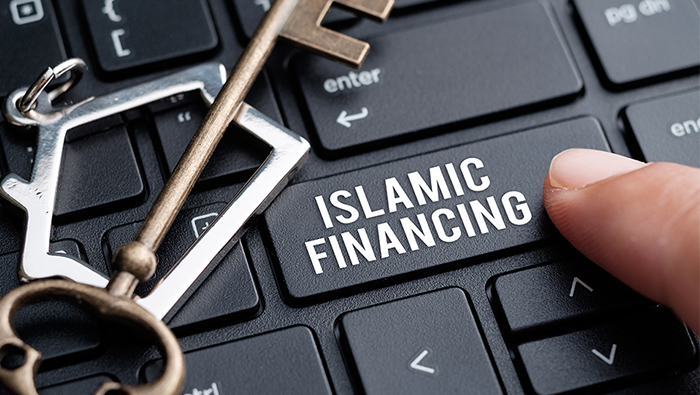
Muscat: The global Islamic finance industry will grow by 10 per cent to 12 per cent in 2021-2022 after slowing to 10.6 per cent in 2020 (excluding Iran), S&P Global Ratings said.
The growth of Islamic banking assets in some Gulf Cooperation Council (GCC) countries, Malaysia, and Turkey and Sukuk issuances exceeding maturities explain this performance. Islamic finance grew rapidly in 2020, albeit at a slower pace than in 2019, despite the double shock from the pandemic and the drop in the oil price.
“We have excluded Iran from our statistics this year owing to the extreme volatility of the country's currency in the parallel market (as disclosed by the Central Bank of Iran), which makes comparison with last year's numbers or any forecasts less meaningful,” the rating agency said.
Although the pandemic offered the possibility of more broad-based and transformative growth, the industry has not yet fully unlocked the opportunities inclusive standardisation affords and increased its share of sustainable finance activity, it said.
Coordination between the different stakeholders is key to the industry leveraging the opportunities related to the energy transition for core Islamic finance countries and wider social challenges, S&P Global added.
“Although we expect a modest recovery for most core Islamic finance countries in 2021-2022, we think that the sector will expand against the backdrop of continued standardisation and integration,” the rating agency said.
"Over the next 12 months, we could see progress on a unified global legal and regulatory framework for Islamic finance that the Dubai Islamic Economy Development Centre (DIEDC) and its partners are developing.
“Depending on the outcome and its adoption, we believe that such a framework could help resolve the lack of standardisation and harmonisation that the Islamic finance industry has faced for decades,” it added.
S&P Global also expects to see more frequent issuance of dedicated social Islamic finance instruments and green Sukuk as the industry leverages its alignment with environmental, social, and governance (ESG) values. This would help tackle the aftermath of the pandemic and support the agenda for core countries' energy transition.
“We expect such processes will remain slow, however, given the additional complexity related to these instruments and the core Islamic finance countries' slow implementation of policies to manage the energy transition,” it added.
Growth in 2020 slowed
The Islamic finance industry continued to grow in 2020, although more slowly than in 2019. The industry's assets expanded by 10.6 per cent in 2020 versus 17.3 per cent in 2019 when growth was supported by higher-than-expected Sukuk issuance.
“We now believe that the industry will continue to expand by 10 per cent to 12 per cent in 2021-2022 and expect the economic recovery in core Islamic finance countries, although some countries' GDP growth will be lower than what we have observed historically,” the rating agency said.
S&P Global expects financing growth in Saudi Arabia to remain strong, fuelled by mortgages and by corporate lending as the country implements some of its Vision 2030 projects.
“We also expect some growth in Qatar supported by investments related to the upcoming World Cup, and to a lesser extent the UAE where the Dubai Expo is likely to help boost economic activity. Malaysia and Turkey will also continue to grow, although Turkey's growth will be at a slower pace and driven primarily by public sector participation banks,” it further added.